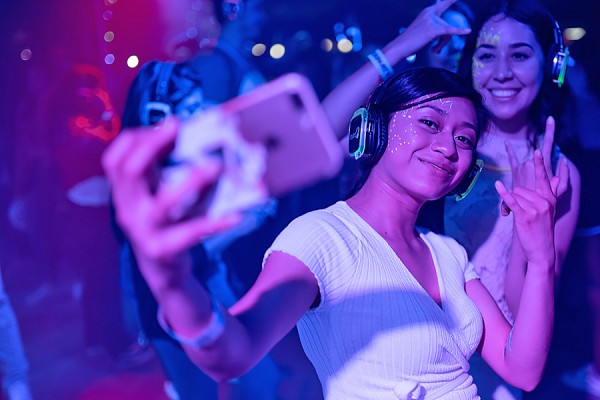 The concept of buddy circles expands the designated driver role to include broader substance use and other risks.
The concept of buddy circles expands the designated driver role to include broader substance use and other risks.
Now is a good time to extend the public health strategy of the designated driver from preventing driving drunk to mitigating the harms tied to broader substance use, says sociology professor Jacqueline Lewis.
“In 2020, COVID-19 adds an additional layer to evolving substance-use harm-mitigation strategies,” she writes in an article published Thursday in the Conversation, which shares news and views from the academic and research community.
Dr. Lewis proposed promoting “buddy circles” to challenge norms and promote behaviour change in order to reduce harm. Buddy circles are small groups of individuals who get together socially and look out for each others’ well-being.
She notes that the concept takes into account “other substances and risks — including COVID-19 and social media — in order to build a more comprehensive harm mitigation strategy for the 21st century.”
Lewis highlights four potential risks that may be addressed by this approach: overconsumption of substances, unintended or non-consensual consumption of substances, social media exposure, and COVID-19.
Read the entire piece, “The designated driver role gets a modern update, covering dangers from COVID-19 to social media,” in the Conversation.
